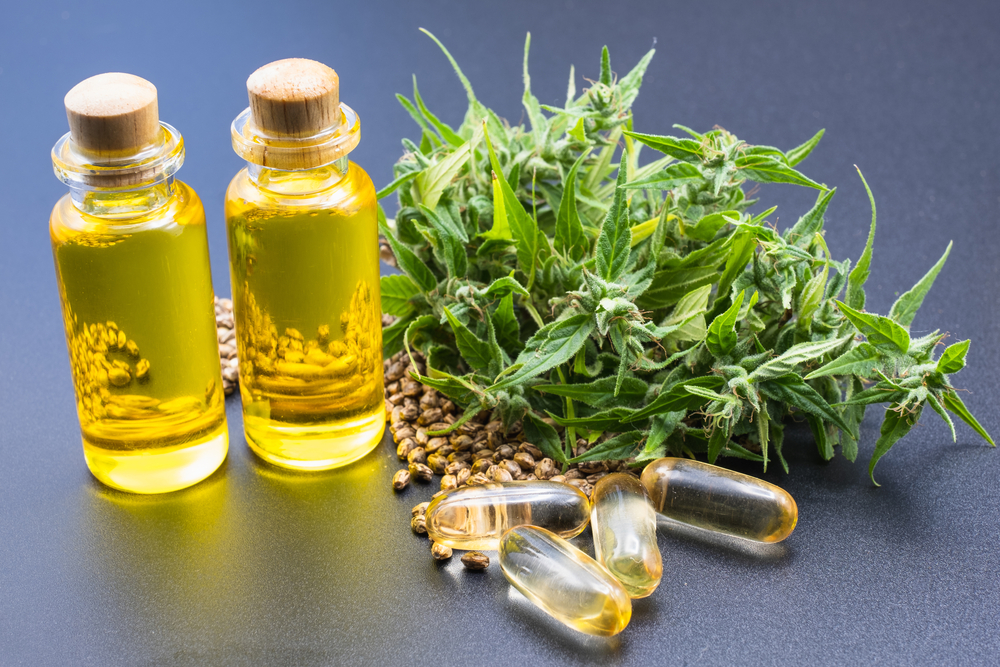Pros & Cons of CBD

Within recent years, CBD (known as cannabidiol) has provided pain relief to numerous individuals with few options and no alternatives for treatment. However, what exactly is CBD? And what are the advantages (and disadvantages) of using it?
As per Wikipedia: CBD is “one of the 113 identified cannabinoids in cannabis (marijuana) plants and accounts for up to 40% of the plants extracts.” Many use CBD to alleviate anxiety, insomnia, depression and to treat chronic pain, in certain cases.
The Pros of CBD
Admittedly, there is still much to learn about CBD. Several studies show that CBD also helps to reduce seizure frequency in children with epilepsy. CBD can reduce the number of seizures, and in some cases, stop the seizures altogether.
Because of these beneficial properties, in 2018 the Food & Drug Administration approved Epidiolex, an anti-seizure medication containing CBD. Thus far, Epidiolex is the sole pharmaceutical containing significant amounts of CBD. Otherwise, government agencies formally consider CBD to be a dietary supplement with no regulation. As of right now, the federal government/FDA is withholding approval on full CBD use, simply because there’s a lot more to learn about it – specifically, its long-term effects.
Like most pain relief methods (such as physical therapy), CBD works over time and with consistent application. Most people enlist the help of CBD for chronic pain relief. When users apply CBD to their skin, it can help to lower pain and inflammation from arthritis. Over time, a few people informed me that this method has genuinely helped them. This includes a friend of mine who underwent countless back problems and surgical procedures.
The Cons of CBD
On the other hand, what are the cons of using CBD? First and foremost, there are a few minor side effects of CBD use. It’s unknown just how relevant these side effects are, but they include: nausea, fatigue and irritability. Second, CBD is classified as a supplement and not a medication. Therefore, the government doesn’t regulate CBD’s creation and use. So be careful who you purchase CBD from! You may not know precisely what’s going onto your skin.
Additionally, CBD requires a lot more studies. There are no guarantees with CBD use. So there’s no way of knowing precisely how it will affect you in the long term. Also, medical, pharmaceutical and government agencies are still uncertain of CBD’s overall effects on the brain.
Conclusion
If you’re interested in trying CBD, please talk to your doctor about it first. Get his or her thoughts on the matter. Without a doubt, you should ask if it could have negative consequences in combination with any other medications or supplements you might be taking.
Also, if you’re looking for some type of “high,” CBD will not provide it for you. CBD, unlike marijuana, contains barely any discernible levels of THC (tetrahydrocannabinol), the principle psychoactive constituent of cannabis, which induces intoxication in users. As a result, it’s incapable of producing any sort of high in those who ingest it.
I hope this article helped you, and if you have any further questions about CBD please feel free to contact us via email:
ContentFptw@gmail.com
Written by: Brandon Callaghan
1- https://www.health.harvard.edu/blog/cannabidiol-cbd-what-we-know-and-what-we-dont-2018082414476

